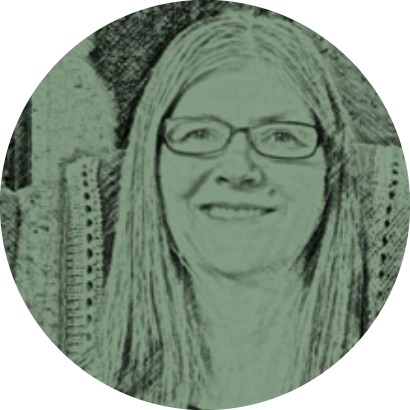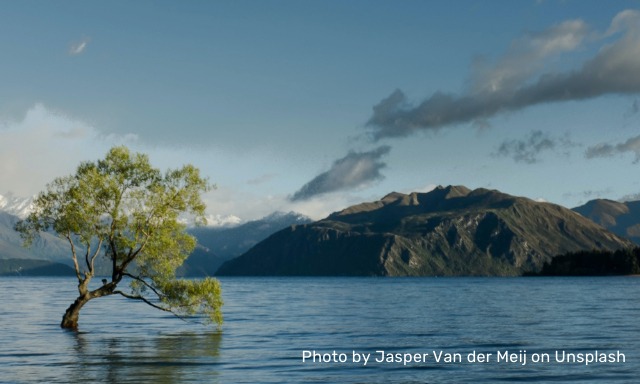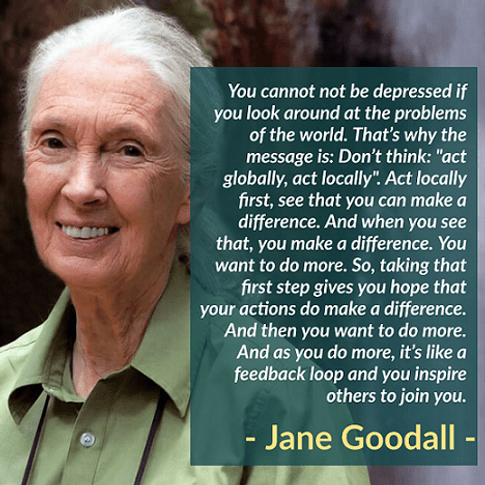According to a study last spring by Yale University Program on Climate Change Communication, a large majority of Americans think global warming is happening (67%), but a similar percentage rarely ever discusses global warming with family or friends. Moreover, another study found that people underestimate how concerned their fellow Americans are about climate change, showing “supporters of climate policies outnumber opponents two to one, while Americans falsely perceive nearly the opposite to be true.”
This suggests that in the U.S., and hopefully across the globe, talking about climate with our everyday network is a big step we can all take to promote action on the crisis, whether that means political action or behavior change. But how to do it?
In a recent Washington Post article, Dr. Lucky Tran, a science communicator at Columbia University advises us not to be overly pessimistic or overly optimistic with our talking points. We shouldn’t be focused on just the negative impacts that make people feel hopeless, but we can’t oversimplify, giving them the impression that a few solutions will fix this because “if we think the problem is solved, why would we take any action to solve it?”
As you try to approach your conversations with nuance, walking the line between all is lost and all is saved, it would be great to have some starter topics in mind. You can talk about events that are happening, and share your own experiences, such as taking a class like Common Earth. You might talk about something in the news, a video you watched, a book you read, a podcast or song you heard, a painting you noticed. In fact, you can even start by talking about the weather (and maybe explain that weather and climate are related but different).
Here is a resource to explore for conversation starters. I found it on a podcast called My Climate Journey. The interview is with Kip Pastor, Founder and CEO at Pique Action. He produces videos on climate solutions which are the “opposite of doomscrolling.” Kip says, “there is a massive white space in the climate content world,” meaning there is a lack of good content, especially content that balances realism with optimism. This is the space he is creating for with his TikTok videos. Take a peek at them for great topics to mention to others.
For those who want to delve deeper into the art of storytelling, whether it’s an anecdote to tell your neighbor or messaging for a climate campaign, a great book is Story or Die by Lisa Cron. She bases her storytelling tips on research into how our brains have evolved to latch onto stories, instead of facts. She stresses that we can have a greater impact on others by telling a good story, and the first step is understanding your audience. This stops you from making assumptions about their beliefs or misbeliefs that may keep them from hearing your message. Cron says good stories will pinpoint a specific emotion that will resonate with them. It will actually hack their brain as she explains in her Tedx Talk about the process.
So, get talking, or storytelling. It will make a huge difference. Here are more links to great advice:



